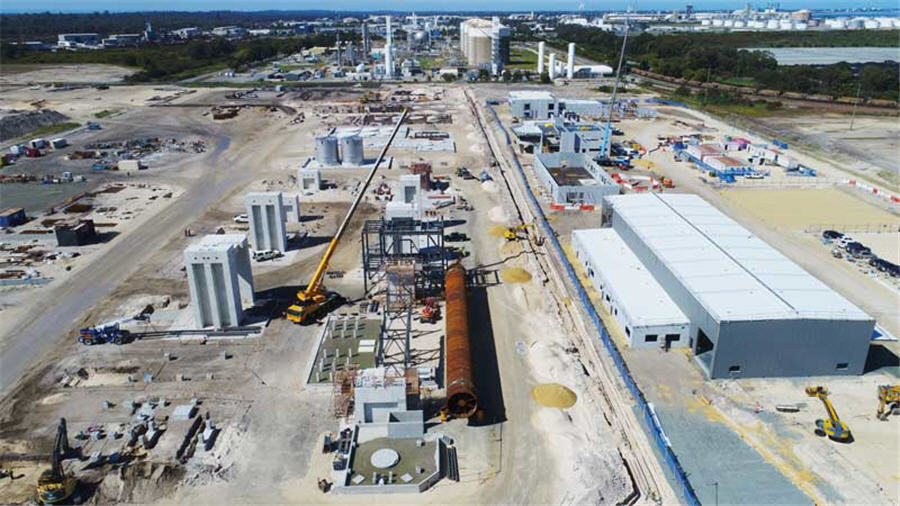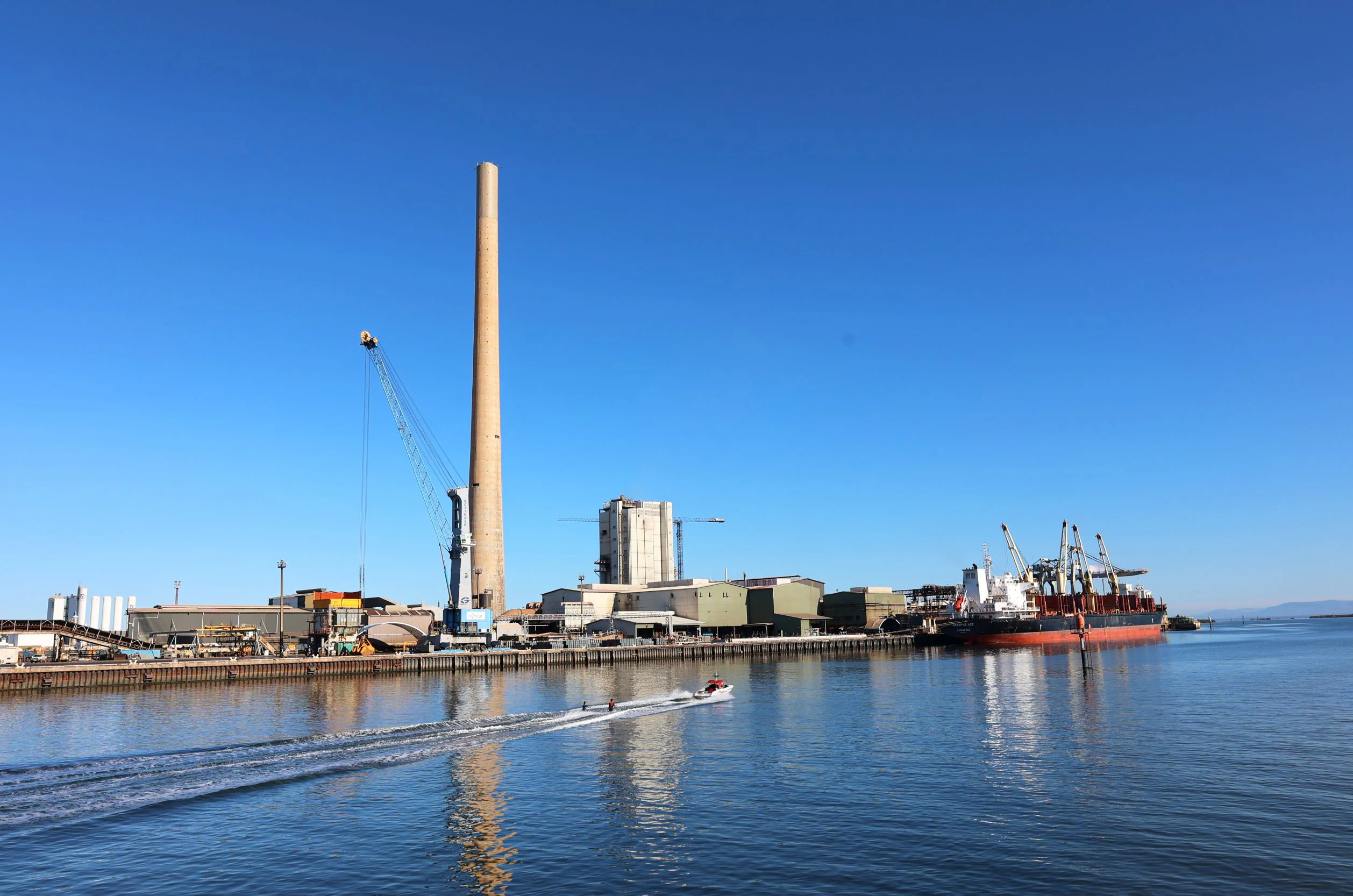Tianqi Lithium’s H1 net profit slumps, clinches LG Chem supply deal

China’s Tianqi Lithium Corp, one of the world’s biggest lithium producers, said on Thursday its first-half net profit fell 85.2% from the same period a year ago as prices slumped for the metal used in electric vehicle (EV) batteries.
Tianqi posted January-June net income of 193.4 million yuan ($27.30 million), versus 1.31 billion yuan a year earlier, according to a filing to the Shenzhen stock exchange. Revenue slid 21.3% to 2.6 billion yuan.
“Company’s income had been affected by the drop of lithium chemical products prices and increasing financial costs in January-June,” it said in the statement, adding it had to pay 860.7 million yuan of interest in the first half on a loan taken out to fund its purchase of a stake in Chilean miner SQM.
China is the world’s largest lithium consumer, accounting for 57% of global demand in 2019, according to consultancy CRU.
But prices for lithium carbonate, a chemical used in EV batteries, have dropped by nearly 20% so far in 2019 to around $9.25 per kg, primarily due to an “avalanche of new supply into the market”, CRU said in a note on Wednesday.
At the start of this month Tianqi flagged it estimated first-half profit would fall more than 84%.
For the second quarter alone, Tianqi’s net income came in at 82.1 million yuan, according to Reuters calculations, down 91.8% from 1.005 billion yuan a year earlier. That was the lowest quarterly profit since the third quarter of 2015.
“We will further expand our capacity and lower financial leverages to increase our profitability,” said Tianqi.
The company expects its lithium chemical products output to exceed 680,000 tonnes this year, it said in the filing.
The company’s Australian unit, Tianqi Lithium Kwinana Pty Ltd, signed long-term supply agreement with LG Chem on Thursday, it said in another filing, without putting a value or volume on the deal.
($1 = 7.0839 Chinese yuan renminbi)
(By Tom Daly and Min Zhang; Editing by David Evans)
More News
{{ commodity.name }}
{{ post.title }}
{{ post.date }}




Comments